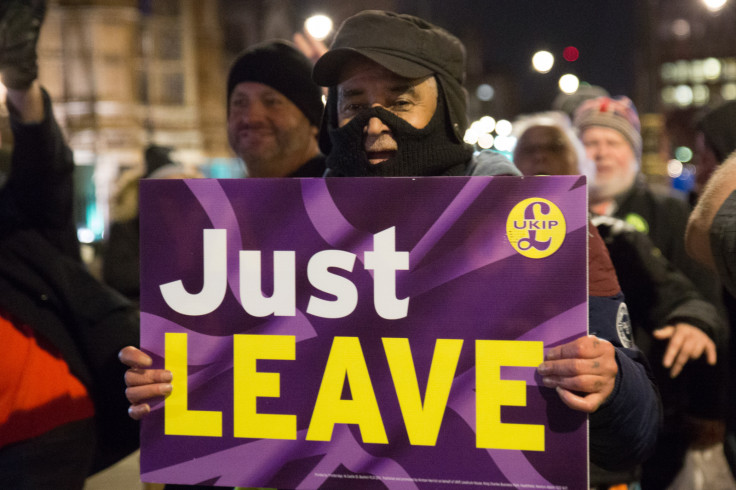Brexit scam: Bitcoin conmen impersonate Queen Elizabeth in an attempted hack
The conmen reportedly sent out letters requesting donations to save the UK economy.
In a hilarious turn of events, Bitcoin scammers used a great excuse to con people out of their money – Brexit. Scammers impersonated the Buckingham Palace and sent letters requesting for Bitcoin donation to save the UK economy post Brexit.
It is not yet known how many people fell for the scam. It was discovered by Paul Ridden CEO of IT firm Mobile Workforce Management solutions, who posted one such invite on LinkedIn.
"Now I know Her Majesty the Queen needs my help to save us all from a no-deal Brexit I'm off to see how much I can find to send to her bitcoin wallet (It's probably not going to be £2M though)," he made a sarcastic remark in his post.
The scammers stated in the letter, "To save and sustain the UK's economy after Brexit, we must pay the European Union £19 billion. We currently have 82 percent of the money available and need to rise the rest until October 19, 2019." The use of rise instead of "raise" is indicative of the quality of the scam.
The letter is sent using the name of Edward Young, private secretary to Queen Elizabeth II.
It further adds, "By paying this amount to the European Union, we will be able to keep the economy going and inflation exactly as it is for a minimum period of 10 years and the future changes will not affect imports from EU countries."
The scammers offer 30 percent interest for three months and attach a Bitcoin address where funds can be transferred. While the rest of the scam might be ludicrous, it is definitely creative that they wanted to use cryptocurrency as no government would have reached over it once it gets transferred.
The poor grammar and lack of official declaration for it seems a dead giveaway, even if some gullible people find the whole proposition credible.
Another rider, to sustain the scam, tells the reader to keep the letter anonymous because it going viral may "affect bilateral agreements."
It seems a hilarious, improperly devised but nonetheless a well-timed scam.

© Copyright IBTimes 2024. All rights reserved.





